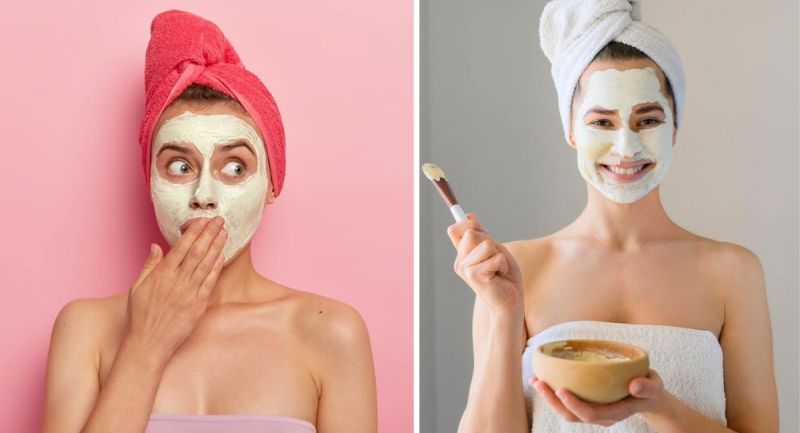The science behind your favourite home remedies: What works and what doesn’t

- Newsband
- 10 May, 2025
For generations, Indian households have turned to the kitchen for more than just food. From besan face packs to malai massages, home remedies have been the go-to solution for everything from dull skin to frizzy hair. Long before skincare aisles were lined with niacinamide serums and snail mucin creams, our grandmothers and mothers shared their trusted gharelu nuskhas with love and confidence. But as modern skincare evolves, it raises a question: how effective are these age-old remedies today?
Dermatologists say many home treatments have solid scientific grounding, but caution is necessary. While ingredients like turmeric and curd offer real benefits, today’s variations often lack the purity of the past. For example, coconut oil, once a staple, can now trigger reactions due to impurities and is not suitable for all skin types.
Take the popular besan-dahi-turmeric face pack. Besan acts as a gentle exfoliant, curd provides lactic acid for removing dead skin, and turmeric offers anti-inflammatory benefits. Experts note that while beneficial, it may not suit every skin type. Sensitive skin types may find besan drying, and curd's lactic acid can irritate if overused. This remedy suits oily or combination skin but should be avoided during active acne flare-ups.
Similarly, orange peel powder is promoted for tan removal, but experts caution against using it directly due to its abrasive nature. Mixing it with curd or milk powder can make it safer and effective for brightening, especially for those with oily skin.
Honey stands out for its moisturizing and skin-repairing benefits. It works well as a calming mask, especially when paired with turmeric. Multani mitti is another classic remedy suited for oily skin, helping to absorb excess oil and soothe breakouts. But for dry skin, it should be mixed with a humectant like glycerin to avoid over-drying.
Some ingredients stand out as reliable. When properly diluted, apple cider vinegar can help restore the skin’s natural pH balance. Rose water remains a safe and soothing toner, and rubbing ice on the face is a simple trick to reduce puffiness.
However, dermatologists advise steering clear of harsh scrubs like walnut, strong acids like undiluted vinegar, and spices that can irritate the skin. They stress that home remedies aren't one-size-fits-all. Skin type, sensitivity, and existing conditions should guide your choices. And while DIY treatments have their place, consulting a dermatologist is key to avoiding damage, especially for sensitive or acne-prone skin.





